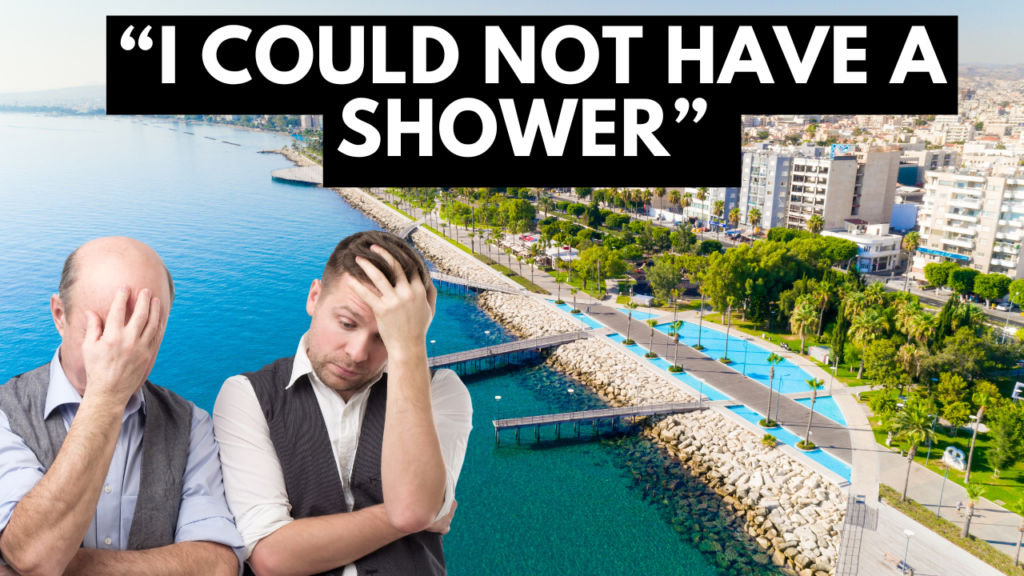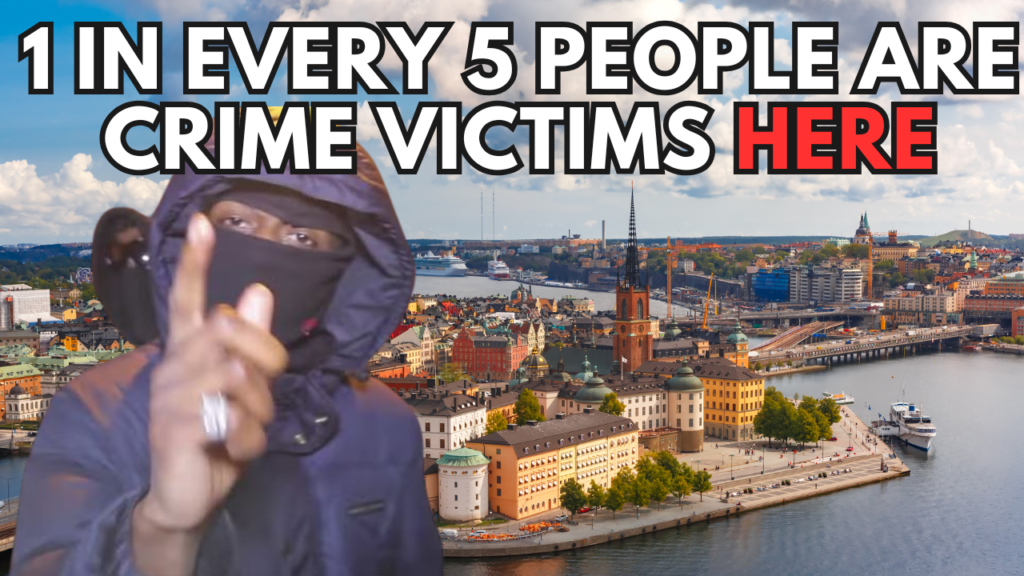8 American Friendly Countries Where US Citizens Are Welcome
Here’s what nobody tells you: while everyone obsesses over anti-American sentiment, and the internet is trying to convince Americans that they are unwelcome everywhere. Not true – I know at least 8 friendly countries for US citizens. TCountries where Americans are not just accepted – they are appreciated. I experienced this personally – I was […]
8 American Friendly Countries Where US Citizens Are Welcome Read More »









